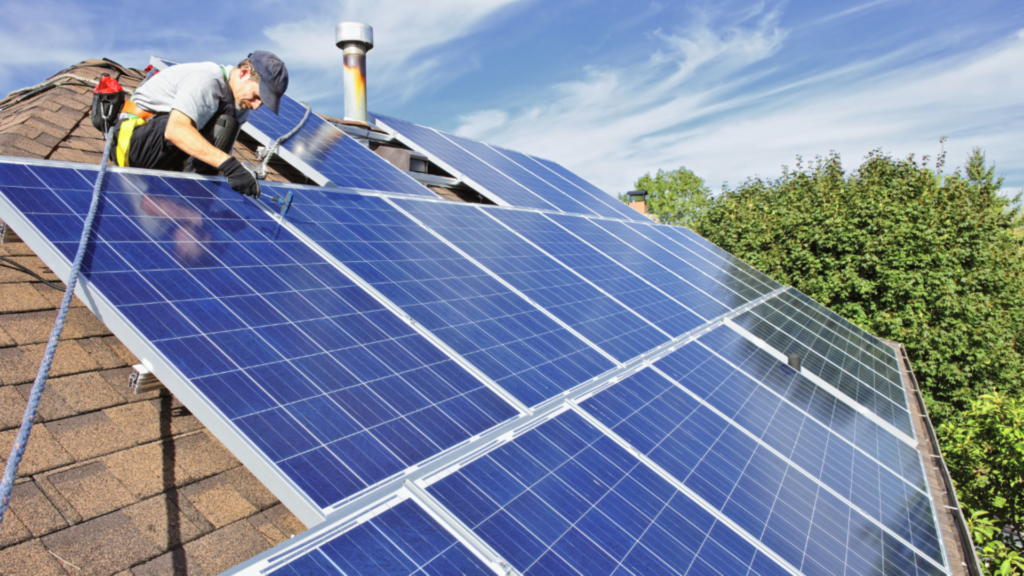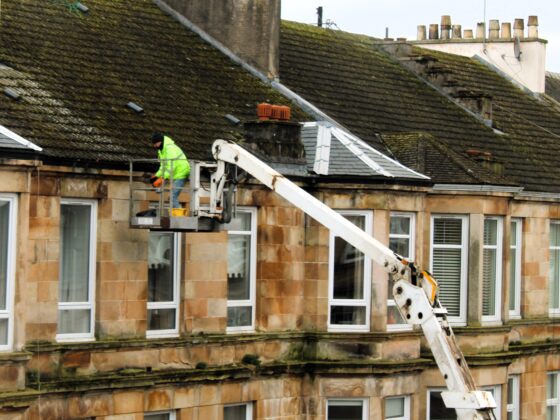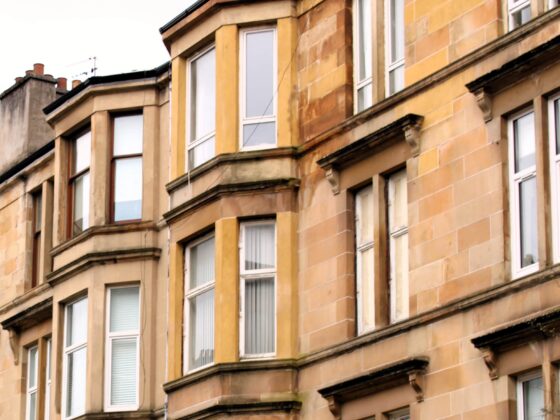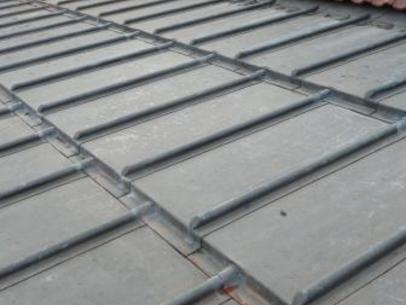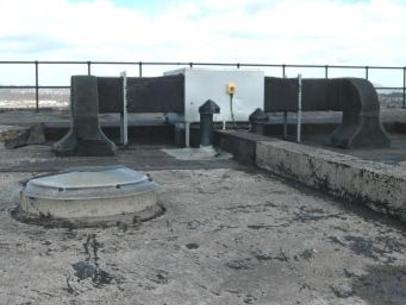Installing solar panels is one way to reduce your energy bills and the carbon footprint of your property. However, for tenement flat owners, there are a number of things to consider and certain steps that need to be taken before installing solar panels on the roof of your building.
Do your research
You will first need to speak to organisations dedicated to helping you with the process, legalities, and funding of installation, such as Changeworks, the Energy Saving Trust, and Home Energy Scotland.
Check whether planning permission is required
If the installation is 50 kW or less, it will likely not require planning permission, though it would be wise to double check with your local council before proceeding. No matter what, the installation will still be subject to certain conditions and limits, such as whether the panels are roof or ground mounted. You may need planning permission if you live in a listed building or conservation area.
Contact your co-owners and get consent
Assuming your title deeds are silent on the issue of solar panels, the Tenements Act states that all owners in a tenement building are responsible for any changes or alterations made to the roof.
The Tenements Act does not specify whether installing solar panels (including the related cabling) is considered maintenance, and therefore needs the majority approval of owners, or is an improvement and therefore needs the agreement of all owners in the building to go ahead. If one or more owners is opposed to installation, you should seek the advice of a solicitor before proceeding.
Additionally, if the solar panel installation does not provide benefit to all owners, you may need to consider offering in writing to pay for the removal and reinstallation of the solar panels if the roof needs repairing, as well as a commitment to cover the costs of any damage caused to the roof during installation or by maintenance of the solar panels in the future. You will want to speak to a solicitor before drawing up such an agreement.
Alternative options to consider
If you live in a four-in-a-block property, you may want to consider installing solar panels in the back garden, instead of the roof, if this area gets enough sun. This can avoid some of the issues with roof installation, such as the risk of damage to the roof and needing consent from other owners to lead cables over communal walls. If choosing to install solar panels in the back garden, you will need to check your title deeds as to any relevant rules regarding the back garden, and still need consent from co-owners before proceeding.
As you will have noted above, installing solar panels is difficult due to the rules you are required to follow regarding common maintenance in a tenement flat. However, if you are keen to reduce the carbon footprint of your building, consider taking a ‘fabric first’ approach. This involves making alterations to the material of the building, such as wall insulation, draught-proofing windows, or insulation under the floor to improve its energy efficiency and lower emissions output.
For more information about installing solar panels, check out this article.
Note: The featured image is © Elena Photo via Canva.com.

